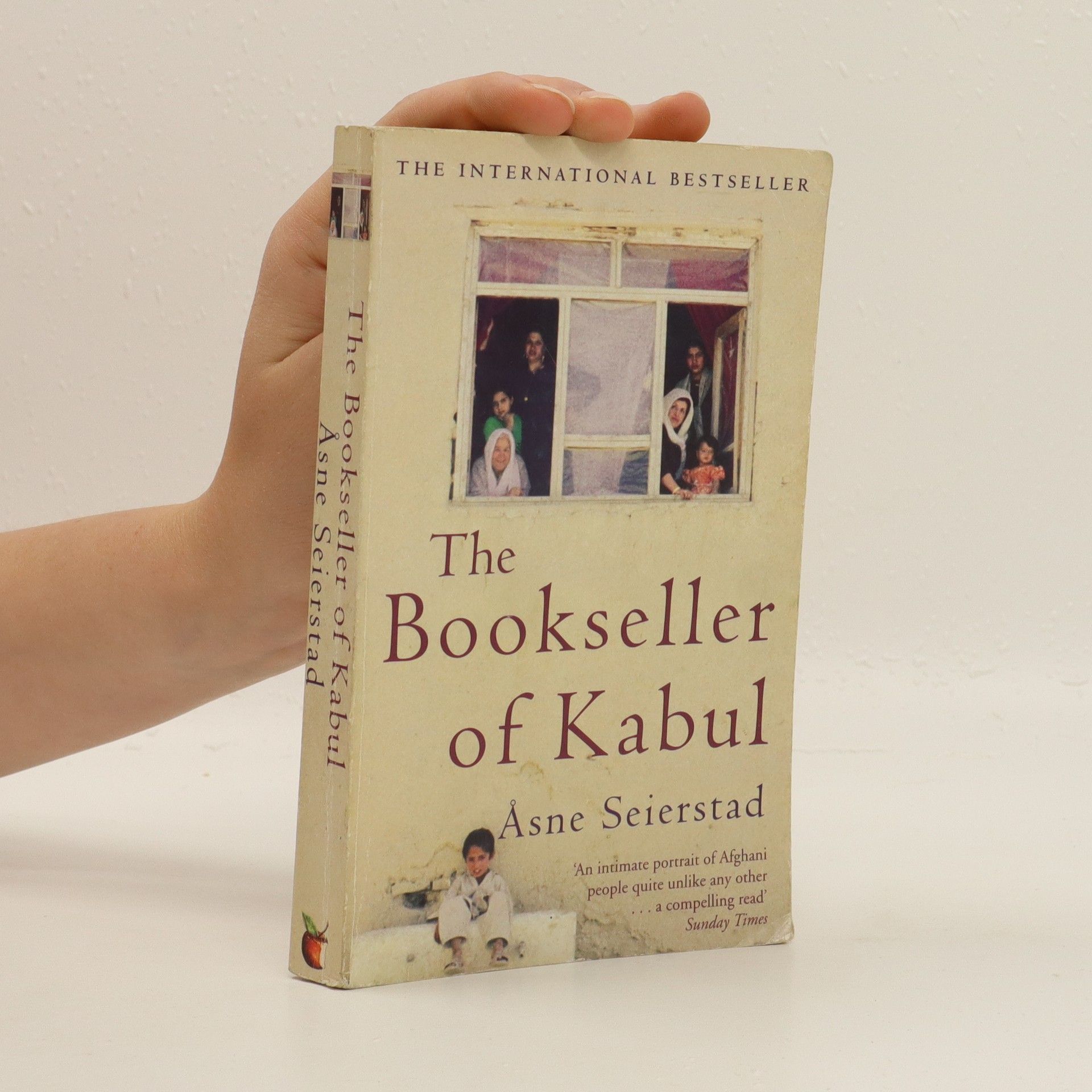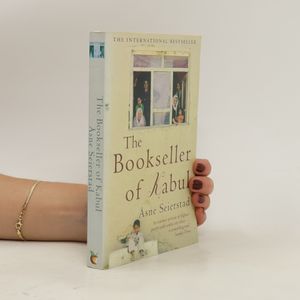Ta kniha je skvělá. To, co popisuje, je strašný. Jakožto liberální feministka a ateistka k tomu, jsem blila ob jednu stranu. Od druhou se mi chtělo brečet. Popis života jedné ze zámožnějších, ale stále tradičních a pracujících rodin v Kábulu, mě vlastně ničím nepřekvapil. Je tam hezky a srozumitelně zanesený "vývoj" rodiny pod jednotlivými nadvládami. Náhled a informace na život běžných lidí se shodují s tím, co jsem četla jinde nebo co mi říkali lidé, kteří Afgánistán navštívili/pracovali tam. Postava Sultána mi přijde fascinující. Nahlédl nad svůj patriotismus a objektivně kritizuje afgánskou společnost a dění, ale současně ve jménu tradic terorizuje rodinu. Wtf.
Parametre
- 288 stránok
- 11 hodin
Viac o knihe
Two weeks after September 11th, award-winning journalist Åsne Seierstad went to Afghanistan to report on the conflict there. In the following spring she returned to live with an Afghan family for several months. For more than twenty years Sultan Khan defied the authorities - be they communist or Taliban - to supply books to the people of Kabul. He was arrested, interrogated and imprisoned by the communists and watched illiterate Taliban soldiers burn piles of his books in the street. He even resorted to hiding most of his stock in attics all over Kabul. But while Khan is passionate in his love of books and hatred of censorship, he is also a committed Muslim with strict views on family life. As an outsider, Seierstad is able to move between the private world of the women - including Khan's two wives - and the more public lives of the men. And so we learn of proposals and marriages, suppression and abuse of power, crime and punishment. The result is a gripping and moving portrait of a family, and a clear-eyed assessment of a country struggling to free itself from history.



